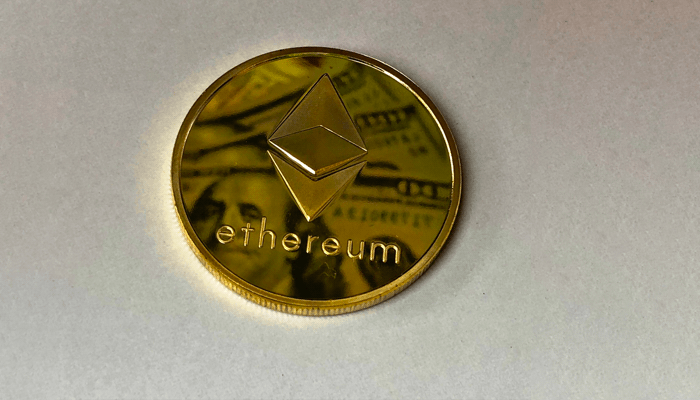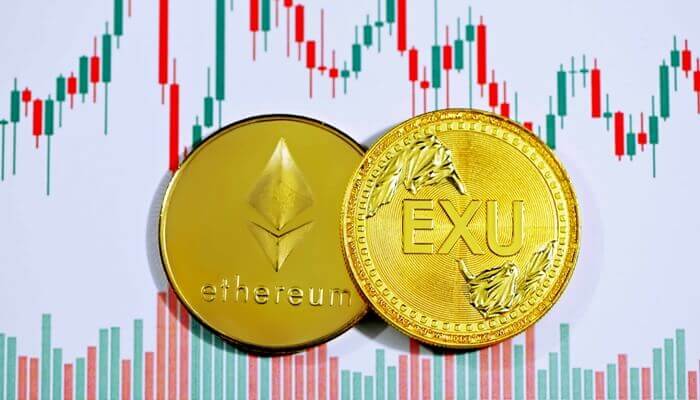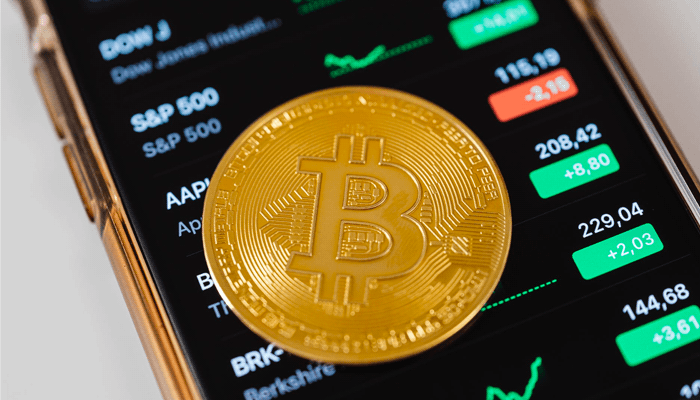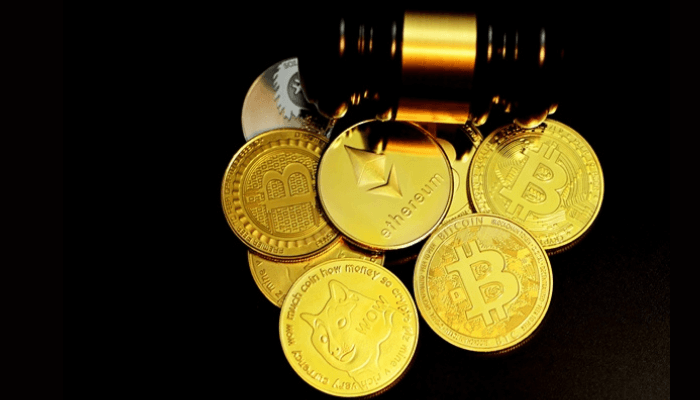Crypto Coins vs. Tokens: Everything You Need to Know
You’ve likely heard the buzz around cryptocurrency. First, all those digital coins skyrocketing in value — but now there are tokens too? I mean, in March of 2021, digital artist Beeple sold a non-fungible token for nearly $70 million.
A little confusion is understandable, especially when the differences and similarities between coins and tokens can enable entirely new billion-dollar industries.
That’s why I’ve broken down the differences and similarities between crypto coins and tokens. And by the end of this 5-minute guide, you’ll know exactly what they mean for the future of the marketplace.
Here’s a quick table of contents:
- What Is Blockchain vs. Token vs. Coin
- Crypto Token vs Coin: The Similarities
- Crypto Token vs Coin: The Differences
- How You Can Take Advantage of The Crypto World
What Is Blockchain vs. Token vs. Coin
Before we can understand the differences and similarities between crypto tokens and coins, we need to know how blockchain works. The blockchain is simply a distributed ledger of transactions that is validated and secured cryptographically by a global network of computers. How do crypto coins and tokens fit into this whole picture?
- A cryptocurrency coin is a digital money unit and is generally used for transactions and payments on the blockchain.
- Crypto tokens are digital assets that serve a variety of purposes, also on the blockchain.
Those definitions are a little broad, so let’s delve further into the differences and similarities between crypto tokens and coins:
Crypto Token vs Coin: The Similarities
Both are reliant on the blockchain
As we mentioned before, blockchains record transactions. What is being transacted? Coins and tokens! Every coin or token needs a platform to operate on, and blockchain networks serve this purpose.
Both can be used as payment
Cryptocurrency is virtual money, so it’s a store of value used to purchase and sell goods. Similarly, crypto tokens can also be used as a form of payment. Swiss Financial regulators FINMA call them — perhaps uncreatively — payment tokens.
Both can be held as investments
Many refer to Bitcoin as digital gold. This is because they see Bitcoin (and other cryptocurrencies) as long-term stores of value. In the same vein, crypto tokens can be held as digital assets that grow in value over an extended period.
Crypto Token vs Coin: The Differences
They’re created differently
A cryptocurrency is native to its blockchain, so they have to be built at the same time. $BTC runs on the Bitcoin blockchain, Ether runs on the Ethereum blockchain, etc. A cryptocurrency and its native blockchain are inseparable from each other — it’s the water running through the pipes.
Conversely, crypto tokens are created on top of an existing blockchain: for example, the Ethereum blockchain hosts ERC-20 tokens. Put simply, to make a new coin, you’d have to build your own blockchain system. To create a new token, you can build on top of an existing blockchain.
Tokens can be non-fungible
Non-fungible tokens, or NFTs, are unique digital assets. You may have heard of artists (like Beeple) auctioning off NFTs for thousands, even millions of dollars. An NFT is a token that verifies ownership of a digital asset—be it an image, video, GIF, or audio file. They function similarly to collectibles or fine art. Though the media itself can be replicated, the owner of the NFT retains ownership rights of the original.
Unlike cryptocurrency coins, NFTs are all unique: you can’t trade one for another without first selling the asset for coins. But fungibility is a currency feature: you can swap 1 $BTC for another, and rest assured they’re worth the same value.
Tokens can provide access to dApps and DAOs
As I covered previously, crypto tokens have more functionalities than coins. One such example is as a utility token: assets that grant the token owners access to specific platforms, membership groups, or smart contracts.
- Platforms and services. Applications and tools built on the blockchain (decentralized apps, or dApps) can require users to hold utility tokens to access their services. For example, users of Filecoin’s digital storage systems need to own $FIL. Holders of Musicoin’s token can access their streaming service.
- Memberships groups. Recently, decentralized autonomous organizations (DAOs) like Friends With Benefits have gained popularity — think SoHo House for crypto thinkers. The group requires members to purchase the $FWB token to access media, events, and invest in the community’s success. If the group prospers, everyone gets richer.
- Smart contracts. These are self-executing contracts that facilitate the transfer of tokens from peer to peer. Smart contracts enable new paradigms in lending and investing.
Tokens can represent physical things
One of the most exciting new crypto applications is the tokenization of real-life assets. Real estate, vehicles, art, even electricity! When tokens on the blockchain represent these assets, they have lower transaction fees (since no agent or clearinghouse is needed with a smart contract) and enable fractional ownership (you could own 20% of a house instead of buying the whole thing).
In comparison, crypto coins represent money — meaning you would be able to buy these tokens with cryptocurrency.
Tokens can represent equity in projects and organizations
Initially popularized via Initial Coin Offerings (ICOs), security tokens represent equity in a company. These tokens are purchased with the explicit intention of making a profit. Tokens that represent the real-life assets mentioned earlier could (in some cases) be considered security tokens.
FINMA treats security tokens just like any other security, solidifying their similarity to traditional stocks. On the other hand, coins would be used to purchase a security token, not represent equity in an organization.
You Can Take Advantage of the Crypto World
Regardless of coin or token, one fact remains true: crypto enables new kinds of investment, fractional ownership, and opportunities to profit. With so much information and complexity out there, it can be daunting to try and figure out how to leverage crypto to make money.
Luckily for you, The Plan with Dan Hollings demystifies the cryptocurrency trading world to make it easy and approachable. Built using years of experience in marketing and crypto bots, Dan Hollings’ crypto training program will show you how to turn the crypto market into a passive income machine. Curious? Learn more here.
Frequently Asked Questions
What is the difference between a crypto coin and token?
Cryptocurrency coins are units of value. They’re blockchain-native digital money that can be used to buy and sell things. Tokens are built on top of blockchain networks and can serve as money — like coins — but also possess other functionalities, like representing real-life assets, enabling access to decentralized apps and services, or minting collectibles.
Which is better, token or coin?
Coins are better used to facilitate transactions on the blockchain. Tokens are better for representing valuables (like real estate, collectibles, and securities) or permitting access to dApps and DAOs (like Musicoin’s streaming service or Friends With Benefits’ membership group).
Is Ethereum a coin or a token?
Ethereum is a blockchain network, meaning it’s a cryptographically secured ledger that records transactions. Those transactions are done in Ether, the cryptocurrency coin native to the Ethereum blockchain. Tokens, called ERC-20 tokens, can be minted on the Ethereum blockchain and bought or sold using Ether.






